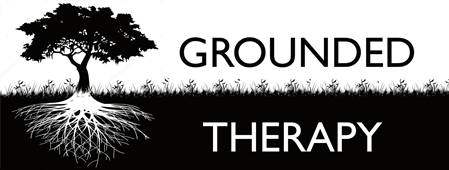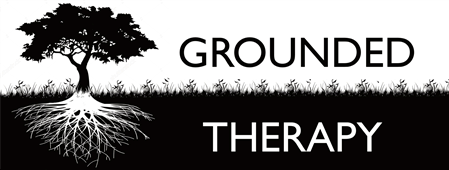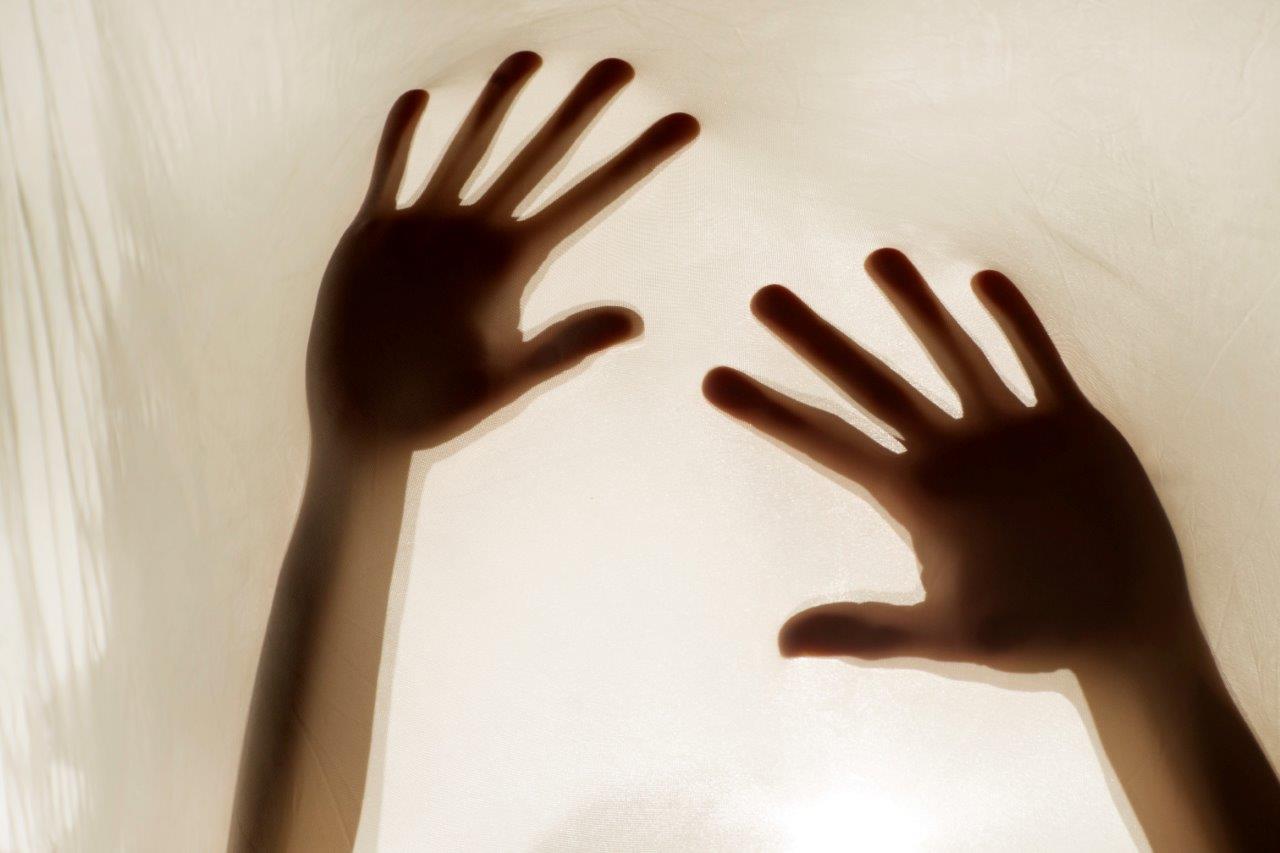Sexual abuse is when you are forced, pressured or tricked into doing sexual things when you don’t want to. It is sexual abuse even if it is by someone you know and love. This does not make what they are doing okay. No one has the right to sexually abuse you, not even your boyfriend or girlfriend.
Sexual abuse can also be referred to as sexual assault. It is generally defined as a sexual activity that you have not consented to. It can refer to a broad range of sexual behaviours that can make you feel uncomfortable, frightened or threatened. Sexual abuse can also include:
- rape (forced unwanted sex or sexual acts)
- indecent assault (indecent behaviour before, during or after an assault)
- child sex abuse/assault (using power over a child to involve them in sexual activity)
- incest (sexual offences by relatives)
- sexual molestation
If sexual abuse is happening to you, you might think that it’s your fault. It isn’t. Sexual abuse is never the fault or responsibility of the victim/survivor.
I hope this section will be of some help and support to anyone who has been a victim of rape
Common difficulties experienced by adult survivors of childhood sexual abuse include:
- Feeling like you’re constantly in ‘crisis mode’
- Poor self-image
- Relationship difficulties
- Avoidance of intimacy; feeling emotionally numb
- Chronic feelings of isolation and despair
- Feeling emotionally reactive: anger, depression, suicidal thoughts
- Re-experiencing abusive patterns in adult relationships
- Intense shame about the abuse
- Fear of the impact speaking up may have on your relationships
- Unwanted flashbacks – intrusive thoughts about the abuse
Many survivors feel they are responsible for the abuse. Counselling can help you come to acknowledge and accept the truth – it’s not your fault. It never was. The blame, shame and sense of responsibility you may be feeling belong only to the person or people who abused you.
Recent sexual abuse and sexual assault
If you have been sexually abused, you may be feeling immense emotional, physical and psychological pain. Below are some common reactions to sexual abuse:
- Anger
- Anxiety
- Depression
- Fear
- Guilt
- Hopelessness
- Hypervigilance
- Humiliation
- Mistrust
- Self-blame
- Shame
- Shock
- Sleep difficulties
- Suicidal thoughts
- Worthlessness
Counselling Techniques
Counselling may involve using Trauma Focused Cognitive Behaviour, Mindfulness and somatic therapies. Radical Exposure Tapping and Emotional Freedom Techniques.
Counselling will help you address your experience of sexual abuse, and reduce its ongoing impact. As such, memories that were once powerful cease to trigger intense emotions, and no longer get in the way of living a full and meaningful life.


